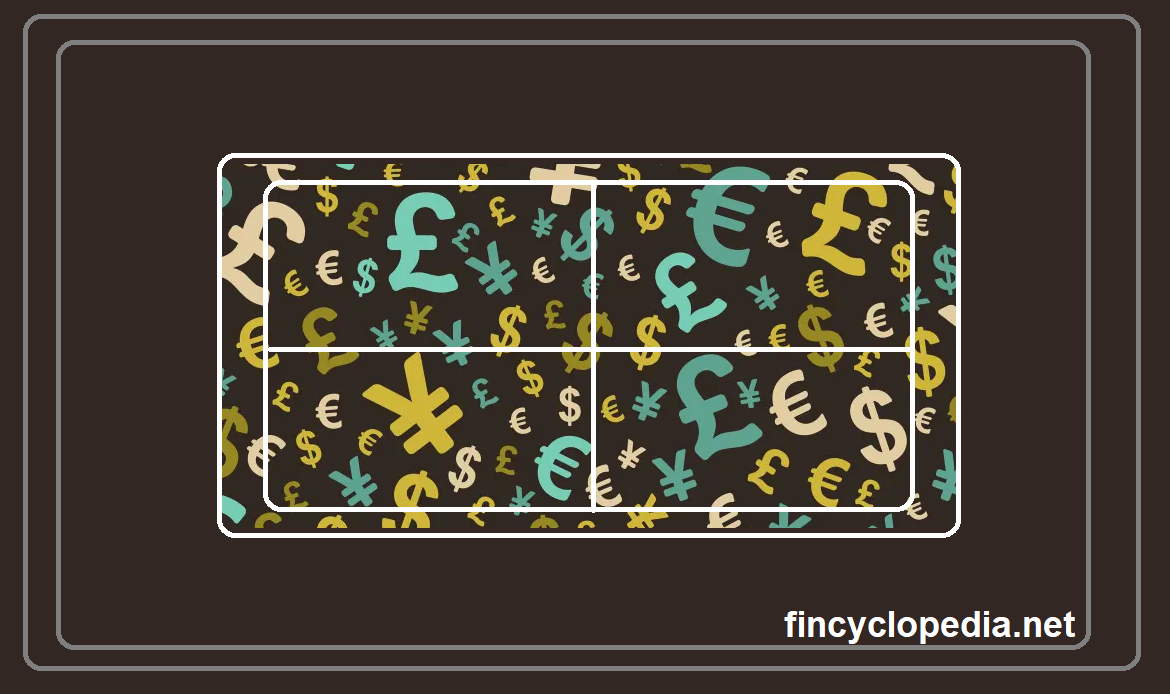A certificate of deposit (CD) that pays no periodic interest to the holder. However, its return comes from it being sold at a discount from face value (i.e., its value at maturity date). That is, the CD holder pays less than the face value at purchase date and receives the face value at maturity, with the difference between the two values being the instrument’s return. A discount CD is basically the same as a standard CD in which the investor leaves interest to accrue over time to maturity. The CD’s return is typically expressed as a discount per $1,000 of principal.
If the cost of the certificate, its maturity value, and the time until maturity are all known, an investor can determine the effective interest rate associated with this CD.
It is also known as a zero-coupon CD.





